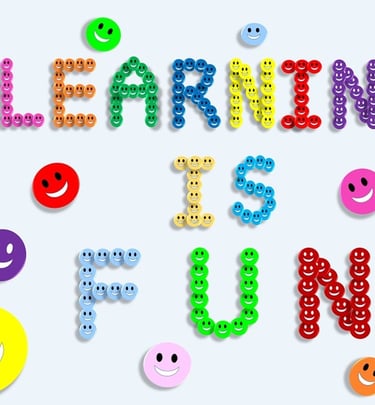I believe...






The primary aim of early childhood education is to foster and enhance children's growth through a stimulating and informative environment that emphasizes health, family support, and a smooth transition to kindergarten. This involves enabling children to explore, engage, and interact in a high-quality setting that encourages experimentation, participation, and socialization.
The ultimate goal is to cultivate children's social, cognitive, and mental abilities, instill a lifelong passion for learning, and set them on the path to future success. Effective teaching involves tailoring instruction to each child's unique needs and providing as much individualized attention as possible. When children feel supported and encouraged, they are more likely to be motivated and engaged in their learning.
Getting to know the children, discovering their interests, and learning fun facts about them can help to build a connection and foster a sense of belonging, which can increase their participation and promote positive behavior. Finally, it's essential to recognize that every child has distinct learning and developmental needs, and play is the most effective way to meet those needs. Play-based learning provides opportunities for children to develop their social, cognitive, and emotional skills while having fun.
Pallavi P.
